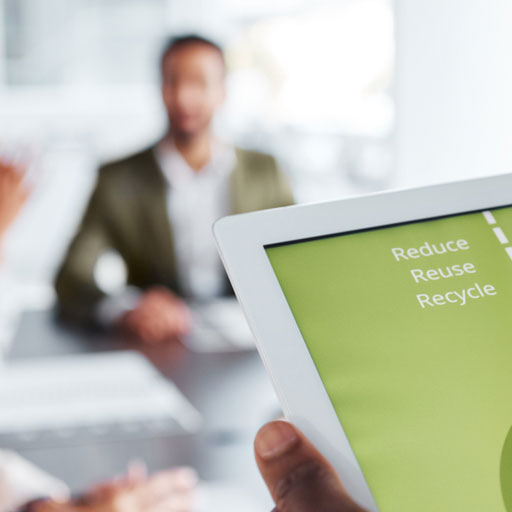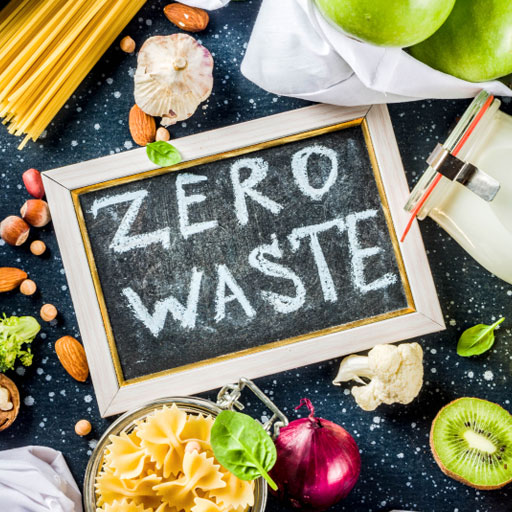Embrace Sustainability: A Practical Guide to Eco-Friendly Living
Recycling has long been heralded as the cornerstone of environmental sustainability. However, in the pursuit of a truly sustainable lifestyle, we must extend our efforts beyond recycling. A holistic approach to sustainability encompasses a myriad of practices that collectively reduce our environmental footprint and foster a deeper connection with the Earth. Here’s a guide to living a sustainable life that goes beyond the blue bin
1. Rethink Consumption:

At the coronary heart of sustainable residing lies conscious consumption. Before creating a purchase, ask yourself if the object is certainly necessary. Prioritize quality over quantity and opt for products that are durable, repairable, and made from sustainable materials. Reducing consumption not only conserves resources but also minimizes waste.
2. Embrace Minimalism:

Minimalism encourages a lifestyle free from unnecessary clutter, both physically and mentally. Decluttering and choosing to live with less creates a more intentional and stress-free environment. This shift not only reduces waste but also fosters a mindset of appreciation for what you already have.
3. Support Circular Economies:

A circular economy is designed to eliminate waste by reusing and recycling materials in continuous loops. Support businesses that adopt these principles by choosing products made from recycled materials and those designed to be easily recyclable or compostable at the end of their lifecycle.
4. Reduce Food Waste

Food waste is a great contributor to greenhouse fuel line emissions. Plan your meals, use leftovers creatively, and compost natural waste. By reducing food waste, you not only save money but also decrease the demand for food production, which in turn reduces the pressure on natural resources.
5. Adopt Renewable Energy

Switching to renewable energy sources, such as solar or wind power, reduces dependence on fossil fuels and decreases your carbon footprint. If installing solar panels isn't feasible, consider opting for green energy plans from your utility provider or investing in community solar projects.
6. Promote Local and Organic Products

Supporting local and organic products reduces the carbon footprint associated with transportation and promotes sustainable farming practices. Farmers' markets and local co-ops offer fresh, seasonal produce that is often grown without harmful pesticides and fertilizers, supporting both your health and the environment.
7. Advocate for Change

Individual actions are important, but systemic change is crucial for widespread impact. Advocate for policies that support renewable energy, waste reduction, and sustainable practices. Join local environmental groups, support green businesses, and vote for leaders committed to sustainability.
Living a sustainable lifestyle is about more than just recycling; it’s about rethinking our consumption patterns, supporting circular economies, and making conscious choices that benefit the environment. By adopting these practices, we can create a more sustainable future for ourselves and generations to come. Embrace the challenge and take steps today to go beyond recycling towards a holistic, sustainable way of life.
Embracing a holistic approach to sustainability benefits the planet and enriches our lives, fostering a sense of connection and responsibility towards the world we inhabit. Start your journey today by incorporating these practices and be a part of the change for a greener, more sustainable future.













